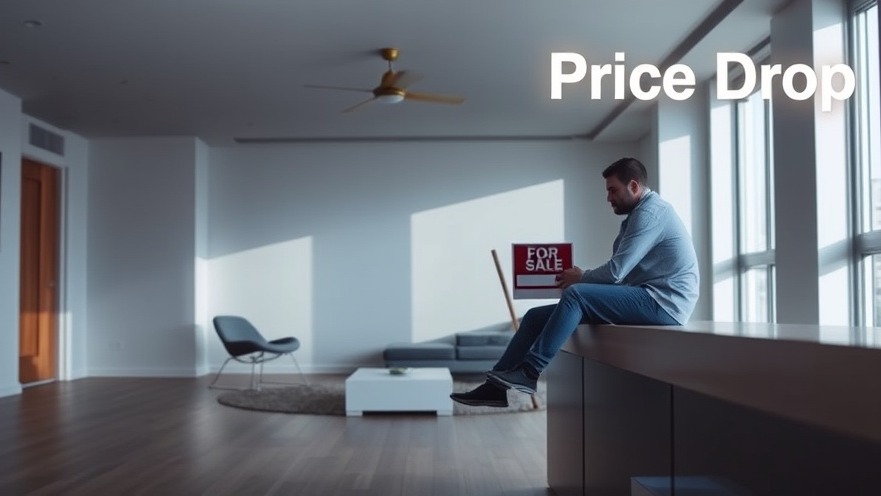
Understanding the Shift: U.S. Remodeling Market Sentiment
As we progress through 2025, the U.S. remodeling market is witnessing a notable decline in sentiment, with recent data indicating a downward trend. Insights from the National Association of Home Builders (NAHB) reveal that the Remodeling Market Index (RMI) dropped significantly to 50.6 in the second quarter of the year, mirroring the cautious approach property owners are adopting amid economic uncertainty and fluctuating home values.
Factors Behind the Sentiment Shift
Several key elements contribute to the shifting sentiment in the remodeling landscape. High renovation costs are certainly a factor, as they deter homeowners from embarking on new projects. Additionally, the competitive nature of the current real estate market, where buyer activity and demand have become sluggish, has created hesitation about investing in home improvements. Economic trends also indicate that rising interest rates and inflation are forcing property owners to reconsider their remodeling plans.
Regional Variations in Remodeling Sentiment
The experience of property owners varies across different regions. Some areas, particularly urban centers, may feel the impact of rising costs and inventory challenges more acutely than suburban or rural locations. As per recent reports, places where home prices are stabilizing may exhibit resilience in remodeling projects, while areas facing declining property values could see a steeper drop in homeowner confidence.
Future Predictions: What Lies Ahead for the Remodeling Market?
Looking ahead, experts believe that the remodeling market will navigate a bumpy road over the next few quarters. The ongoing shift in consumer priorities away from expansive remodeling projects to smaller, more manageable updates could gain traction as homeowners aim to balance budget constraints with the desire for an improved living environment. By focusing on energy-efficient upgrades or minor aesthetic enhancements, homeowners can enhance their property’s value without stretching their financial limits overly thin.
Investment Tips for Property Owners
Property owners looking to navigate this challenging market can adopt several strategies for more successful remodeling efforts. First, they should prioritize essential repairs that maintain safety and functionality. Additionally, doing thorough research on return-on-investment (ROI) for specific projects can guide smart financial decisions. Consulting professionals in the field and obtaining multiple quotes can also empower property owners to make informed choices that align with their remodeling aspirations.
Understanding Consumer Confidence Amidst Economic Fluctuations
Consumer confidence plays a crucial role in the remodeling sector. According to experts, as economic conditions fluctuate, so do sentiments about investing in one's property. Homeowners are now more likely to seek guidance from financial advisors or real estate agents to ensure that their remodeling investments yield meaningful returns. By fostering transparency and communication about market conditions, stakeholders can help rebuild trust among property owners.
A Call for Positive Change
As the remodeling market navigates these shifts, there's room for transformation. Innovation in materials and techniques can reduce costs, while cooperative platforms connecting homeowners with contractors can optimize the remodeling journey. Engaging in community efforts to share knowledge and resources can also revitalize confidence in residential improvements.
For residential and commercial property owners, staying informed about market dynamics is essential. Keeping abreast of local trends and economic indicators can empower decisions that enhance properties effectively. In a market characterized by uncertainty, knowledge is a valuable tool.
 Add Row
Add Row  Add
Add 




Write A Comment